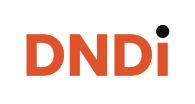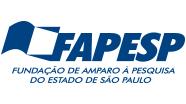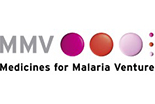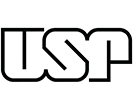2019 DNDi R&D portfolio in review: Chagas disease
23 jul 2020
DNDi aims to deliver new, safer, more affordable and effective treatments for people affected by Chagas disease. DNDi is also focused on improving access to diagnosis and treatment using existing tools.
DNDi’s current Chagas disease portfolio includes:
Discovery
- Screening: To identify new hit series that could be progressed and become new drug candidates for Chagas disease, DNDi tests chemical compounds for activity against Trypanosoma cruzi. High-throughput screening of compounds from natural product and synthetic compound collections from partners or commercial suppliers have been conducted, and hits have been identified and are currently being progressed.
- Chagas hit-to-lead: DNDi has continued its efforts in screening chemically diverse libraries to replenish the discovery pipeline. Confirmed new hits are continuously feeding the hit-to-lead pipeline. In 2019, a new consortium was established in collaboration with University of Campinas and University of Sao Paulo in Brazil. Through a team of scientists working in a global network, PITE (Research Partnership for Technological Innovation) aims to deliver a high-quality pre-clinical candidate compound that could become a new treatment for Chagas disease.
- NTD Drug Discovery Booster hit-to-lead: Screening activities were placed on temporary hold in early 2019 to focus efforts on transitioning existing hit series into lead optimization projects. Two hit series are currently under further investigation with Takeda, and work is underway to transition additional series for potential lead optimization in 2020.
- Daiichi-Sankyo Chagas hit-to-lead: The frontrunning series that is the current focus of this hit-to-lead project has clear activity against the T. cruzi parasite and will be progressed for Chagas disease.
- Chagas C205 series: This series is part of a collaboration agreement made in 2018 with the Drug Discovery Unit of Dundee University in Scotland and GlaxoSmithKline’s Global Health Unit in Spain. With work on the series resulting in a drug candidate for leishmaniasis that will move into translational research, research for a candidate for Chagas from the C205 series is currently on hold.
Read more about here.






